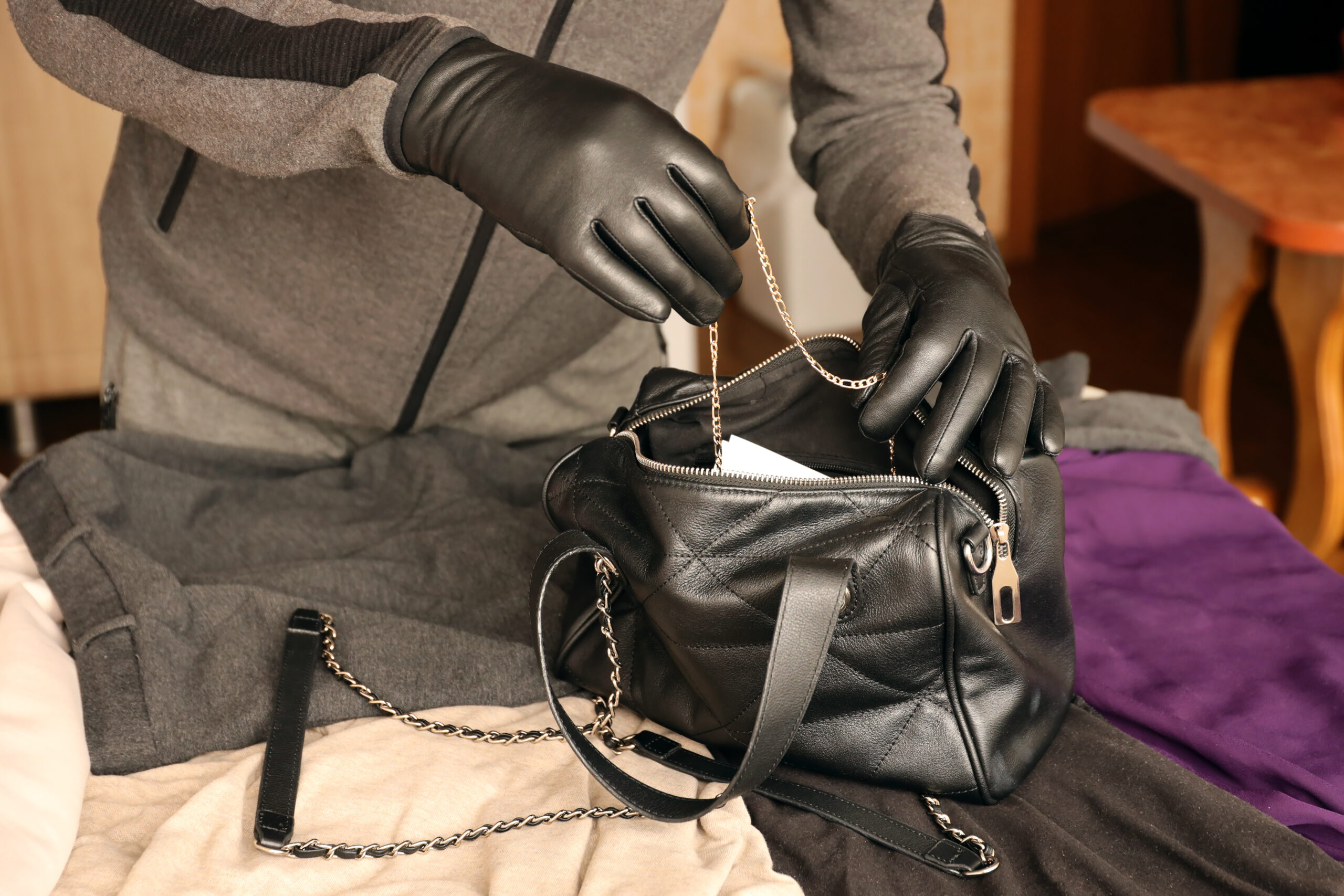Illegal drug use is on the rise in Toronto and opioid-related deaths are at record highs compared to previous years. At the same time, courts in Ontario are overwhelmed with drug possession charges resulting in a considerable backlog.
We’ll examine Canadian drug possession laws, drug possession statistics in Toronto and Canada and take a look at how illegal drugs are classified under the Controlled Drugs and Substances Act. We’ll also discuss what you can do to fight drug trafficking and possession charges in Canada.
A BREAKDOWN OF THE PRIMARY CATEGORIES OF ILLEGAL DRUGS IN CANADA
In Canada, under the Controlled Drugs and Substances Act, drugs are classified into seven main categories each with its own regulations and penalties for possession.
- Schedule I: These are hard drugs like heroin, cocaine, opium, as well as some pharmaceutical-grade drugs such as oxycodone. The penalties for schedule 1 drugs are 6 months to 7 years in jail.
- Schedule II: These are Cannabis, including marijuana and its derivatives and synthetic preparations like hashish. The penalties are 6 months to 5 years in jail.
- Schedule III: These are drugs in the amphetamine family including meth, and LSD. The penalties for schedule 3 drugs are 6 months to 3 years in jail.
- Schedule IV: These include pharmaceutical drugs like diazepam, benzodiazepine and anabolic steroids. The penalties are 6 months to 18 months in jail.
- Schedule V: Only includes propylhexedrine, which is a non-prescription nasal decongestant and a synthetic stimulant similar to methamphetamine.
- Schedule VI: Has three sections that Include precursors for drugs, or materials used to make drugs such as Class A: ephedrine, pseudoephedrine and ergotamine – all used to make meth, Class B: ethyls ether, hydrochloric acid and sulphuric acid – all used to make cocaine, Class C: a catch-all that covers any preparation or mixture of Class A or B.
- Schedule VII: These are certain weights of cannabis in the form of resin or cannabis up to 3kg.
STATISTICS OF ILLEGAL DRUG POSSESSION IN TORONTO
There is currently an epidemic of overdoses and drug related deaths in Toronto. A scathing report by Toronto Public Health released this summer reveals that there were 521 confirmed overdose deaths in 2020, a 78% increase over 2019.
Drug deaths are on the rise as is the number of people arrested for drug offences. In 2019, there was a 48% increase in drug offences related to opioids and a 3% increase in charges related to cocaine and meth. The result is an overwhelmed court system with a huge backlog of cases delayed due to COVID.
To help clear the backlog, many drug possession cases have been withdrawn or stayed – in fact, 85% of all drug related charges in courts across Ontario in 2020 have been withdrawn. These dismissals are also in response to a push from public health officials asking legislators to decriminalize drug use. It also comes a year after a 2020 directive asking federal prosecutors to avoid prosecuting drug possession charges.
MINIMUM AND MAXIMUM PENALTIES FOR POSSESSION
In Ontario there are no mandatory minimum sentences for simple drug possession, but if there are aggravating factors associated with the possession such as that it was for the benefit of organized crime, or associated with the use of a weapon, or connected with a youth there will certainly be increased penalties.
Other factors that will determine if there will be a term of imprisonment will such things as the quantity of drugs, if the drugs are packaged for trafficking, if the possession was for the purpose of trafficking, if the possession was near a school and the type of drugs. Possession of fentanyl will almost always result in a jail sentence while simple possession of magic mushroom rarely will.
Most serious drug related offences are prosecuted by indictment, but for simple possession the Crown can proceed by summary conviction.
WHAT TO DO IF YOU HAVE BEEN ACCUSED OF DRUG POSSESSION
If you have been accused of personal possession, you need an experienced lawyer to help you navigate the charges. To be found guilty of possession, the Crown must prove that the accused:
- Has the substance on their person
- Were knowingly in possession or custody of another person or any place had control over the substance, or
- Have knowledge and consent that another person had the substance.
All this can be very challenging to prove in court.
An experienced lawyer can advise you on what to say to the police and help you get the best outcome for your case. If you have been charged with drug possession in Toronto, contact William Jaksa today for a consultation on your case.





